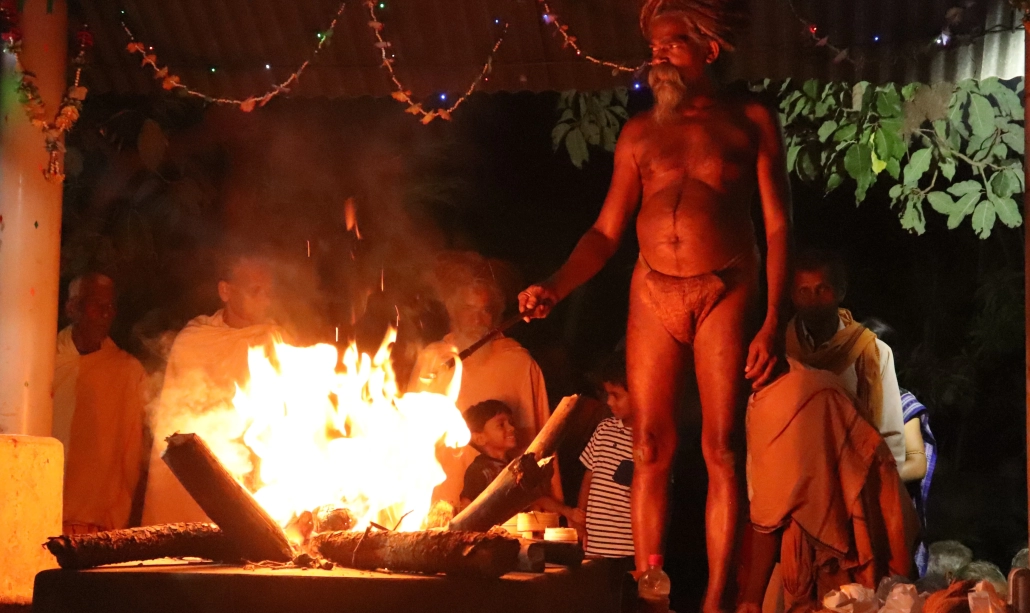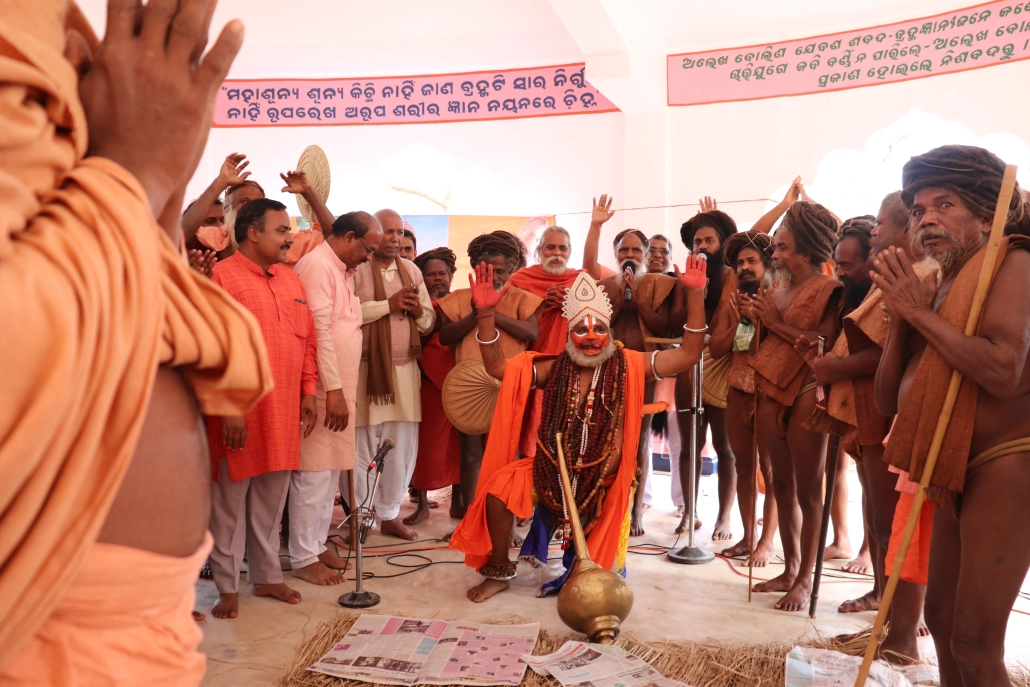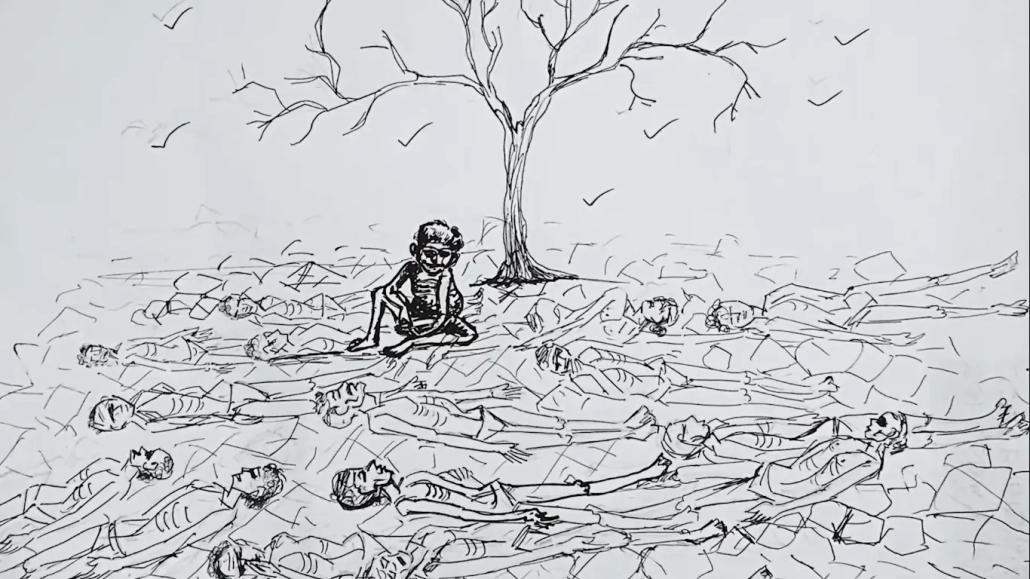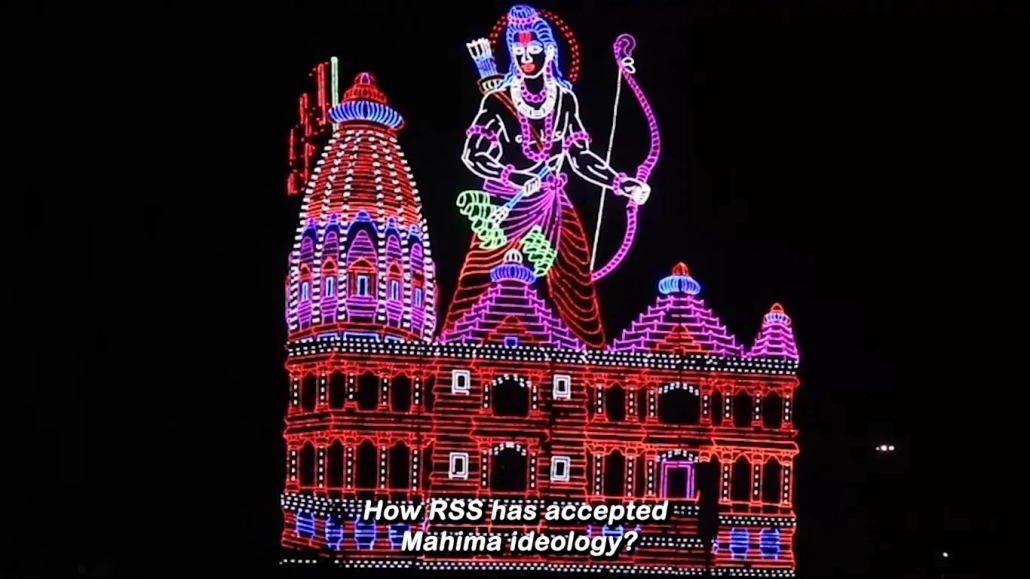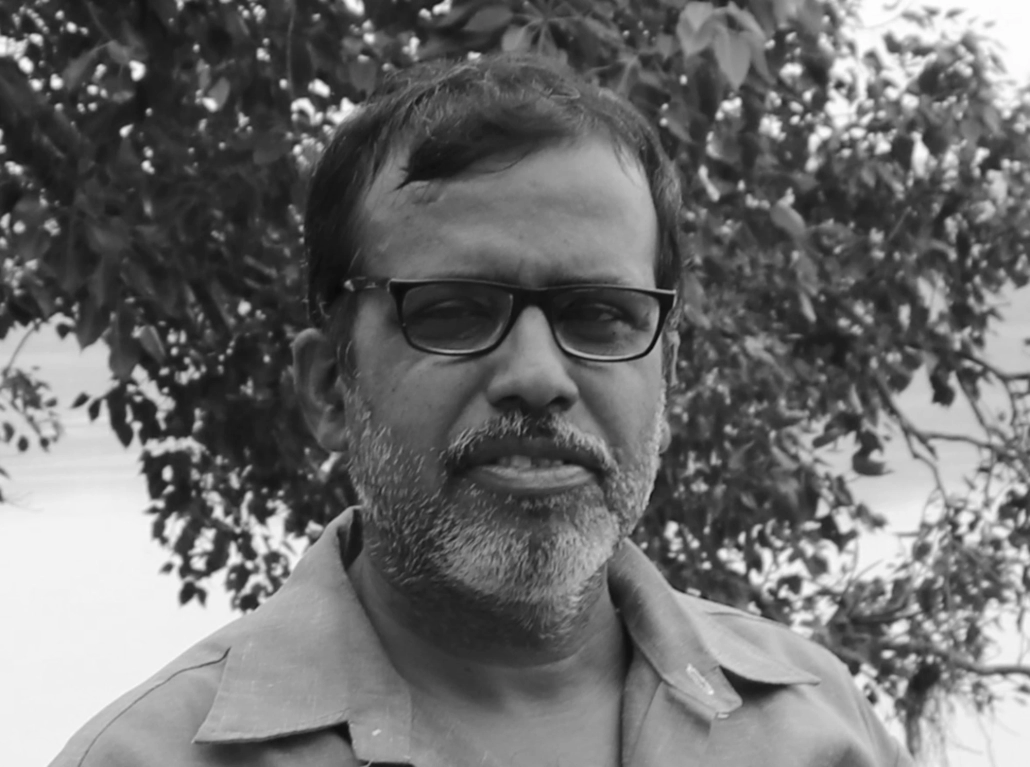| TITLE OF THE FILM | Formless Form (Arupa Rupa) |
| DIRECTED BY | Deba Ranjan Sarangi |
| LANGUAGE | Odia (English subtitles) |
| YEAR | 2024 |
| COUNTRY | India |
| DURATION | 60 minutes |
| SPECIAL NOTE | Kolkata Premiere |
PRINCIPAL CREW
| WRITING | Deba Ranjan |
| CINEMATOGRAPHY | Shasanka Guru, Deba Ranjan |
| EDITING | Saji Nayar, Deba Ranjan |
| SOUND MIX | Pradeep Dipu |
| MUSIC | Hrudananda and villagers |
ABOUT THE FILM
Casteism in India is a deeply entrenched hierarchy based on birth and occupation, with Brahmins at the top, fostering discrimination and social exclusion. Over time, religious movements have challenged this oppression and advocated for equality. Bhimabhoi is a revered figure in Odia literature and social life, inspiring with his opposition to casteism, idolatry, and monarchy. This film chronicles Mahima Swamy and Bhimabhoi’s history, spirituality, and politics, tracing their origins, pasts, and present-day transformations.
ABOUT THE DIRECTOR
Deba Ranjan Sarangi is a writer and documentary filmmaker based in Odisha. He writes in several magazines and newspapers. His first documentary film ‘The Conflict: Whose Loss Whose Gain’ is on Adivasis who are caught up between present-day corporate globalisation and communalism. Deba Ranjan’s Odia short story collection ‘Pahadara Peeda’ was published in 2018.
DIRECTOR’S STATEMENT
“While making my first film on anti-Christian communal violence in Kandhamal, I considered a film on Bhimabhoi. In 1881, Mahima devotees had attacked the Jagannath Temple in Puri to challenge the caste hierarchy of Hinduism. Traveling across different parts of the state in the present time, I found hierarchy and casteism within the sect and denial of the temple attack. I observed the Sangh Parivar’s attempts to co-opt the Mahima sect, which meant that the sect was now betraying its founding principles.”

